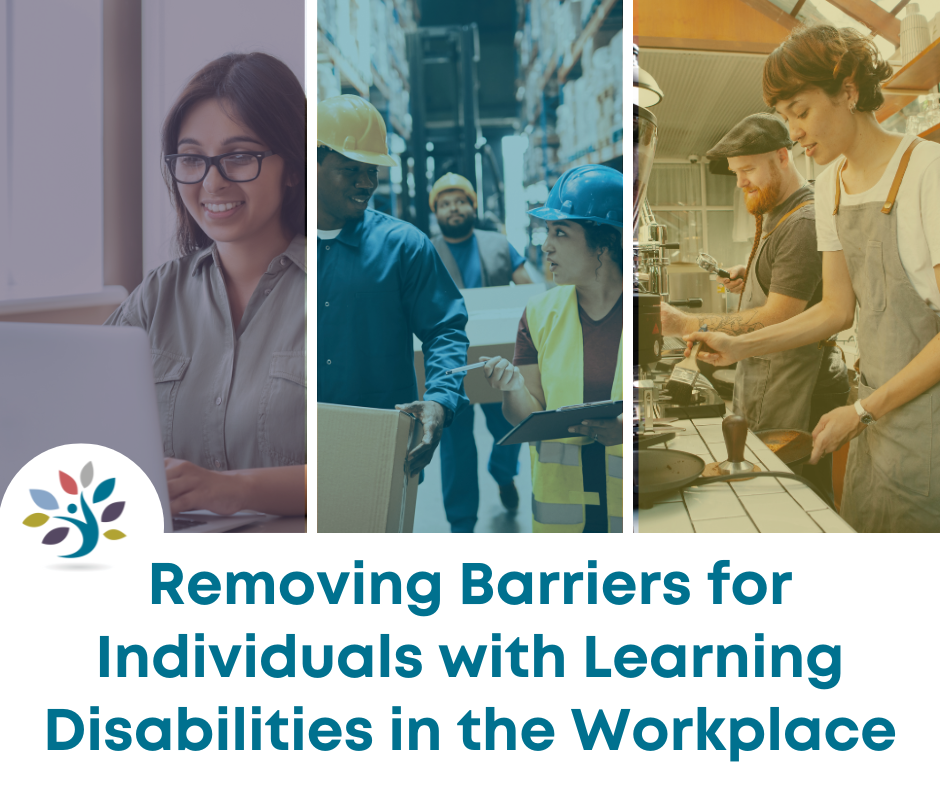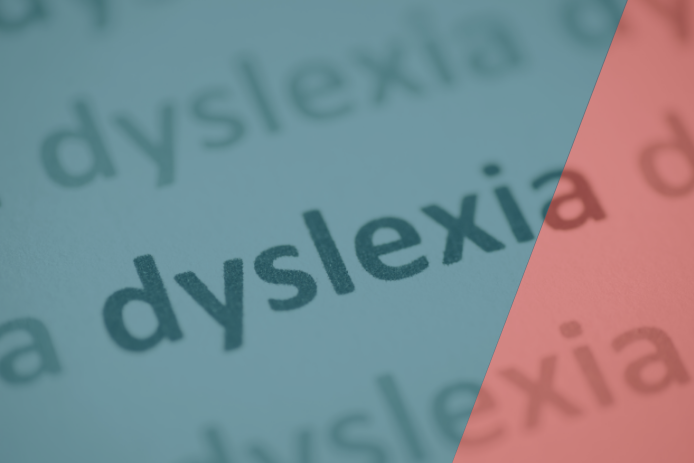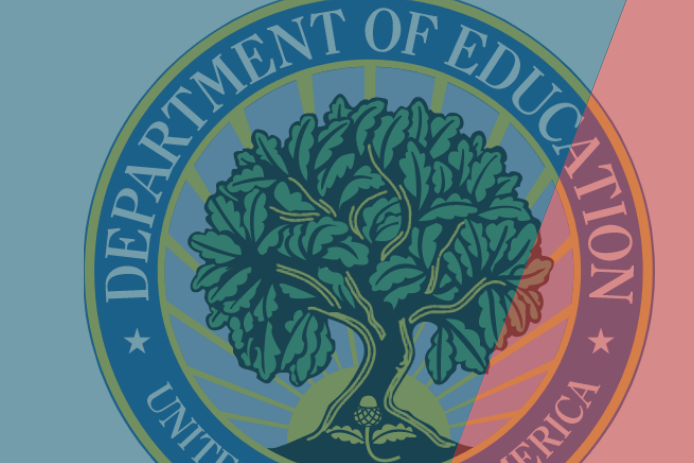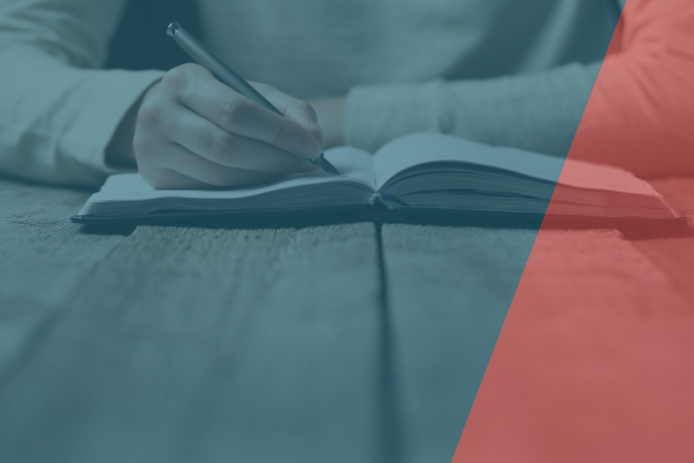The impact of learning disabilities is lifelong. The issues that made school work so challenging as a child crop up again in the workplace, in social situations, and in our homes. Paperwork and reports at work; keeping up with bills; and helping our children with their homework can be a struggle.
Maybe you grew up knowing you had a learning disability and received special education services. Or you struggled with learning difficulties and never knew exactly how to identify the problem. As an adult, you are probably now in command of a number of techniques that make life easier. Over the years, you have figured out ways to obtain and keep track of the information you need. You have developed systems to get organized. On this page, you can find even more avenues to success at work, in your relationships, and in the community.

Featured Articles & Resources

Screening Adults for Learning Disabilities

What’s the Big Deal About Executive Functions?

Removing Barriers for Individuals with Learning Disabilities in the Workplace

The Adult Learning Disability Assessment Process

Job Resources By State for Adults with Learning Disabilities

Learning Programs for Adults with LD: Where to Start
New to LD
If you are just learning that you have a learning disability you may be confused and not know where to begin. It can be a daunting and complicated task. But don’t despair. LDA is here to help you understand this new diagnosis and lead you or your child to the right support systems.

Specific Learning Disabilities
- Dyscalculia
 A specific learning disability that affects a person’s ability to understand numbers and learn math facts.
A specific learning disability that affects a person’s ability to understand numbers and learn math facts. - Dysgraphia
 A specific learning disability that affects a person’s handwriting ability and fine motor skills.
A specific learning disability that affects a person’s handwriting ability and fine motor skills. - Dyslexia
 A specific learning disability that affects reading and related language-based processing skills.
A specific learning disability that affects reading and related language-based processing skills. - Non-Verbal Learning Disabilities
 Has trouble interpreting nonverbal cues like facial expressions or body language and may have poor coordination.
Has trouble interpreting nonverbal cues like facial expressions or body language and may have poor coordination. - Oral / Written Language Disorder and Specific Reading Comprehension Deficit
 Learning disabilities that affect an individual’s understanding of what they read or of spoken language. The ability to express one’s self with oral language may also be impacted.
Learning disabilities that affect an individual’s understanding of what they read or of spoken language. The ability to express one’s self with oral language may also be impacted.
Related Disorders
- ADHD
 A disorder that includes difficulty staying focused and paying attention, controlling behavior and hyperactivity.
A disorder that includes difficulty staying focused and paying attention, controlling behavior and hyperactivity. - Dyspraxia
 A disorder which causes problems with movement and coordination, language and speech.
A disorder which causes problems with movement and coordination, language and speech. - Executive Functioning
 Affects, planning, organization, strategizing, attention to details and managing time and space.
Affects, planning, organization, strategizing, attention to details and managing time and space.
Support for Adults
- ADD/ADHD
ADHD often begins in childhood and can persist into adulthood. It may contribute to low self-esteem, troubled relationships, and difficulty at school or work.
Symptoms include limited attention and hyperactivity. - Adult Literacy
Adults use many types of literacy tasks associated with work, home and community contexts. This section will help to guide professionals who teach adults in literacy programs as well as the adults themselves who want to start on a path to improve their literacy skills.
- Adult Testing
Learn about accommodations and testing.
- Adults with LD Page
Will show up on the Adults with LD Resource Page
- Adults with Learning Disabilities
Workplace, college, and other important information for adults with LD.
- Assessment & Evaluation
Evaluation involves gathering information from a variety of sources about a child’s functioning and development in all areas. It is generally one of the first steps in determining if a child has a learning disability. This section will help parents answer their questions on assessment and evaluation.
- Beyond the Classroom
Information on how toxic chemicals can affect the brain, and other relevant information for children and adults with LD outside of the classroom.
- College
Accommodations, testing, and other important information for college students with LD.
- Core Principles
Learn about the core principles of learning disabilities that LDA uses as the basis to address policy and practice in the field of LD.
- LD/ADHD Basics
Learning Disabilities (LD) and Attention Deficit Disorder (ADHD) affects millions of children and adults in school and in everyday life. It is a life-long condition. Fortunately, with the right understanding, support, and appropriate interventions, individuals with learning disabilities can become successful students and adults. Learning the basics about LD and ADHD is an important start to getting help. After the signs and symptoms of LD are recognized, the appropriate assessment and evaluation will be needed to determine the right strategies to help the individual.
- Mental Health
- News
Read about current LDA actions and LD issues in the news.
- News Releases
LDA’s press releases on issues affecting individuals with learning disabilities and their families.
- Possible Legal Issues
The American with Disabilities Act of 1990 (ADA) protects adults with disabilities including learning disabilities (LD) in higher education programs and employment. This section contains an overview of how these laws and others can protect the civil rights of adults with LD.
- Post Secondary Options
- Pre-K thru High School
- Professional Resources
- Success Stories
- Teaching Adults with LD
- Teaching Reading
- The LDA Podcast
- Workplace Issues
Guidance for employers and prospective employees with LD.
Guides & Booklets
- Adults with Learning Disabilities: A Review of the Literature, National Center for the Study of Adult Learning and Literacy
 This study examines how learning disabilities affect adults, which strategies are best for teaching adults with learning disabilities, how to determine that an adult learner has a learning disability, and more.
This study examines how learning disabilities affect adults, which strategies are best for teaching adults with learning disabilities, how to determine that an adult learner has a learning disability, and more. - Dyslexia Basics, from The International Dyslexia Association
 This guide covers the definition and effects of dyslexia, and other information such as signs of dyslexia, how dyslexia is diagnosed, and how dyslexia is treated.
This guide covers the definition and effects of dyslexia, and other information such as signs of dyslexia, how dyslexia is diagnosed, and how dyslexia is treated. - Every Student Succeeds Act, Department of Education
 The Every Student Succeeds Act (ESSA) was signed in December of 2015 and ESSA amends the Elementary and Secondary Education Act to provide funding to K-12 schools to ensure a quality public education for all students. ESSA authorizes funds for professional development, instructional materials, resources to support educational programs, and for promotion of parental involvement. ESSA replaced the No Child Left Behind Act of 2002.
The Every Student Succeeds Act (ESSA) was signed in December of 2015 and ESSA amends the Elementary and Secondary Education Act to provide funding to K-12 schools to ensure a quality public education for all students. ESSA authorizes funds for professional development, instructional materials, resources to support educational programs, and for promotion of parental involvement. ESSA replaced the No Child Left Behind Act of 2002. - How are Learning Disabilities Diagnosed? National Institute of Health
 Last updated: 9/11/2018, National Institute of Health.
Last updated: 9/11/2018, National Institute of Health. - Understanding Dysgraphia, from The International Dyslexia Association
 This guide from the International Dyslexia Association breaks down dysgraphia, and provides information on instructional activities and strategies to help individuals with dysgraphia, if dysgraphia occurs alone, and more.
This guide from the International Dyslexia Association breaks down dysgraphia, and provides information on instructional activities and strategies to help individuals with dysgraphia, if dysgraphia occurs alone, and more.

